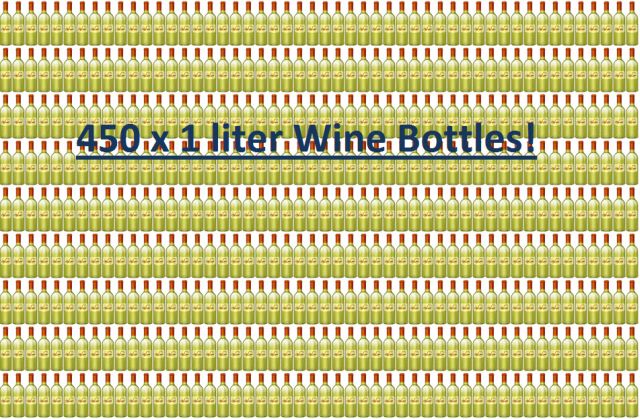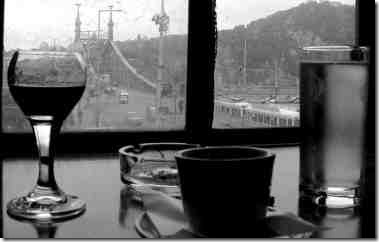- John 2:1-11: The Miracle of turning Water Into Wine
Q. How were wedding celebrations like in eastern cultures? Who were invited? How long do the celebrations last?
- In Eastern cultures, weddings are like social events, where family, friends, distant relatives(extended families), neighbors are all invited. (Parable of the Wedding Banquet)
- Wedding celebration can last for 2-3, even 7 days or more.
Q. The passage begins with 'On the third day', So what was is it referring to? What was Jesus' schedule like?
Let us trace back to Jesus' schedule for that week. Take a note of 'The next day' at the beginning of each verse.
- 1st Day - John the Baptist spoke about the Messiah. (John 1:26-28)
- 2nd Day - John the Baptist testifies about Jesus (John 1: 29)
- 3rd Day - Jesus' first disciples are chosen- Andrew and Simon Peter (John 1:35)
- 4th Day - More disciples - Philip and Nathaniel (John 1:43) (Twelve Disciples of Jesus - bible study)
- 7th Day - Jesus was at the Wedding. (John 2:1)
It seems like the Gospel of John gives an account of a major event occurring on every day of the week. This is quite fascinating. In some ways, this gives us idea of what happened during the first few days of Jesus' public ministry.
Q. Where was Cana?
- It was a small town in Galilee (you can locate Cana in your bible map). It is the location where Jesus performed his first miraculous sign, in his public ministry. (John 2:11)
- Jesus also performed another miracle at Cana. (John 4:46 - "Once more he visited Cana in Galilee, where he had turned the water into wine. And there was a certain royal official whose son lay sick at Capernaum.")
- Cana is also mentioned in John 21:2 as Nathaniel's home town.
Q. What does it mean to run out of food at the Wedding in that culture or any culture?
- Public disgrace, shame or embarrassment to the families.
- In some eastern cultures, legal actions can also be taken against the concerned families.
Q. Why did Mary tell Jesus about the problem?
- To report, or just to inform Him, or may be prompting Him to do something about it.
- Her anticipation is clear by her instruction to the servants, "Do whatever he tells you."
- (Mary may seem like a meddler! But it is quite common for the elders to help out in some critical situation especially during weddings)
Q. What do you think about Jesus' address to his mother?
- "Dear Woman", sounds inappropriate! Nonetheless, it was a respected term.
- (Jesus used similar words on the cross, John 19:26 -"When Jesus saw his mother there, and the disciple whom he loved standing nearby, he said to his mother, "Dear woman, here is your son..")
Q. Why did Jesus tell, "My time has not yet come"?
- Jesus implies that the time has not yet fully come to publicly reveal his true identity.
- Compare it with John 12:23, John 12:27, John 13:1, John 16:25 and John 17:1.
- (Jn 17:1 - "After Jesus said this, he looked toward heaven and prayed: "Father, the time has come. Glorify your Son, that your Son may glorify you".)
Q. What were the six stone jars for?
- The jars were used by the Jews to store water for purification purposes and for washing of hands prior to eating. Each stone jar, can approximately contain 20 gallons of water. So, its about 120 gallons of water (~450 liters). (Total number of wine bottles)

Q. Who was the master of the banquet?
- A Wedding planner.
Q. What does wine represent in the bible?
- Wine is often considered to be a symbol of Joy. (Isaiah 55:1)
Q. How many people were aware that Jesus had performed this miracle?
- His mother, his disciples, and the servants.
- This was the first miracle Jesus performed. It was a very low profile one. Very few people knew about it. It was at the wedding, in a very insignificant town, and performed in front of the servants.
Q. What can we learn from this passage?
- Jesus cares for the insignificant.
- He can turn our ordinary life or circumstances into exceptional ones for His glory (John 2:11)
- There is a wonderful poetic expression of the miracle of water into wine: "The conscious water saw its God and blushed."

No comments:
Post a Comment